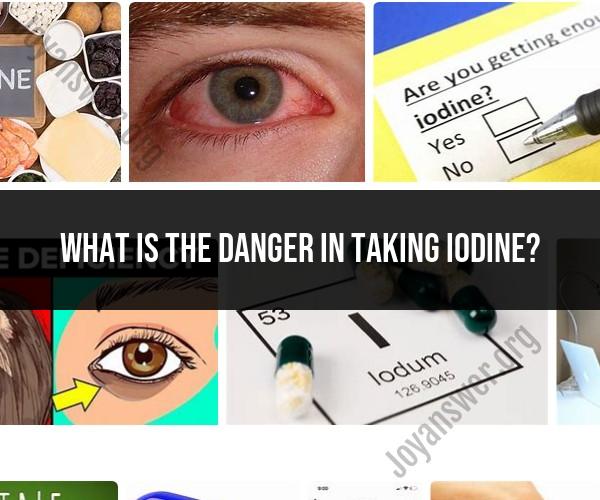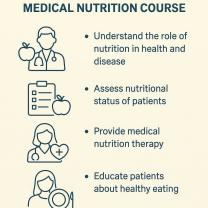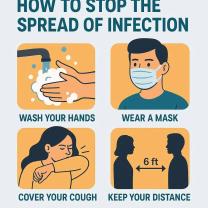What is the danger in taking iodine?
Iodine is an essential trace element that plays a crucial role in the functioning of the thyroid gland and the production of thyroid hormones. While iodine is necessary for maintaining good health, excessive or inappropriate iodine consumption can lead to various health risks and complications. Here are some dangers and considerations associated with iodine consumption:
Thyroid Dysfunction:
- The most common danger associated with excessive iodine intake is thyroid dysfunction. Iodine is a key component of thyroid hormones, and an excess of iodine can disrupt thyroid function. This can lead to conditions such as hyperthyroidism (overactive thyroid) or hypothyroidism (underactive thyroid), which can cause a range of symptoms and health issues.
Thyroiditis:
- Excessive iodine consumption may trigger inflammation of the thyroid gland, a condition known as thyroiditis. Thyroiditis can cause pain and discomfort in the neck, as well as temporary changes in thyroid hormone levels.
Autoimmune Thyroid Disease:
- High iodine intake may increase the risk of developing autoimmune thyroid diseases such as Hashimoto's thyroiditis and Graves' disease. These conditions involve the immune system attacking the thyroid gland.
Iodine-Induced Hyperthyroidism:
- In some cases, excessive iodine intake can lead to a form of hyperthyroidism known as "iodine-induced hyperthyroidism" or "Jod-Basedow phenomenon." This condition can occur when individuals with an underlying thyroid condition consume excess iodine.
Goiter:
- While iodine deficiency is a known cause of goiter (enlargement of the thyroid gland), excessive iodine intake can also lead to goiter. The thyroid gland can enlarge in response to high levels of iodine, causing swelling in the neck.
Thyroid Cancer Risk:
- Some studies have suggested a potential link between very high iodine intake and an increased risk of thyroid cancer. However, the evidence is not yet conclusive, and more research is needed to establish this connection.
Allergic Reactions:
- In rare cases, individuals may be allergic or hypersensitive to iodine and can experience allergic reactions or skin rashes when exposed to iodine-containing substances, such as contrast agents used in medical imaging.
Excess Iodine from Dietary Supplements:
- Iodine-containing dietary supplements, such as kelp supplements or iodine drops, can be a source of excessive iodine intake if not used carefully. These supplements can provide much higher doses of iodine than what is typically obtained from a balanced diet.
It's important to note that iodine deficiency can also have serious health consequences, including goiter and developmental issues, particularly in pregnant women and infants. Thus, the key is to maintain iodine intake within the recommended daily allowance (RDA), which varies by age and life stage.
For most individuals, obtaining iodine from a balanced diet that includes iodized salt, seafood, dairy products, and other iodine-rich foods is sufficient to meet their nutritional needs without the risk of excessive intake. If you have concerns about your iodine intake or thyroid health, it is advisable to consult with a healthcare professional for guidance and appropriate testing.
Iodine Use and Potential Dangers: What You Need to Know
Iodine is an essential nutrient that plays an important role in thyroid function and overall health. However, too much iodine can cause harmful side effects.
Iodine is found in a variety of foods, including seafood, dairy products, and eggs. It is also added to iodized salt. Most people get enough iodine from their diet, but some people may need to take iodine supplements.
Health Risks Associated with Iodine Consumption
Too much iodine can cause a number of health problems, including:
- Thyroid problems: Iodine can cause both hypothyroidism (underactive thyroid) and hyperthyroidism (overactive thyroid).
- Goiter: Goiter is an enlargement of the thyroid gland. It can be caused by both iodine deficiency and iodine excess.
- Autoimmune thyroiditis: Iodine can trigger autoimmune thyroiditis, a condition in which the body's immune system attacks the thyroid gland.
- Iodine poisoning: Iodine poisoning is rare, but it can occur if a person consumes a very large amount of iodine in a short period of time. Symptoms of iodine poisoning include vomiting, diarrhea, abdominal pain, and headache.
Balancing Iodine Intake for Optimal Health and Safety
The recommended daily intake of iodine for adults is 150 micrograms. Pregnant women and women who are breastfeeding need more iodine, up to 290 micrograms per day.
If you are concerned about your iodine intake, talk to your doctor. They can help you determine if you are getting enough iodine or if you are at risk of consuming too much.
Here are some tips for balancing your iodine intake:
- Eat a variety of healthy foods, including seafood, dairy products, and eggs.
- Use iodized salt in moderation.
- If you are taking iodine supplements, follow the dosage instructions carefully.
- Talk to your doctor about your iodine intake, especially if you are pregnant or breastfeeding.
By following these tips, you can ensure that you are getting enough iodine to maintain good health without risking the harmful side effects of iodine excess.










